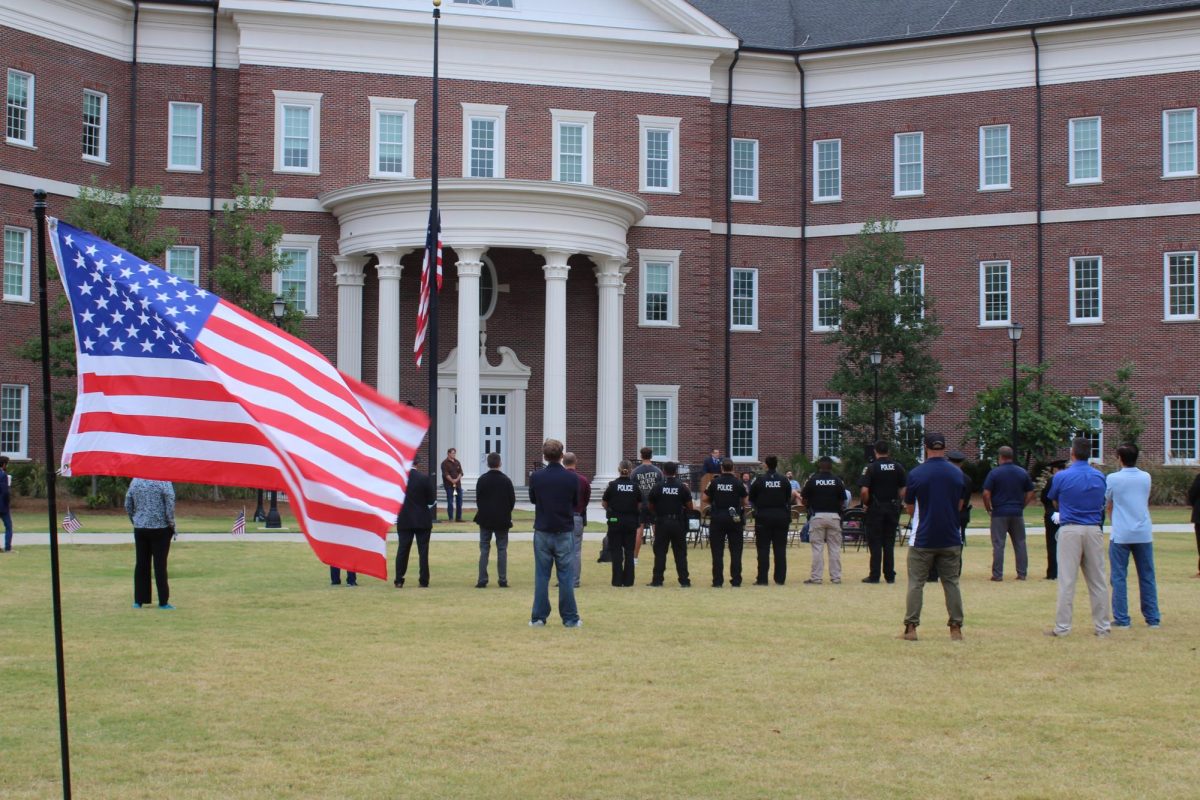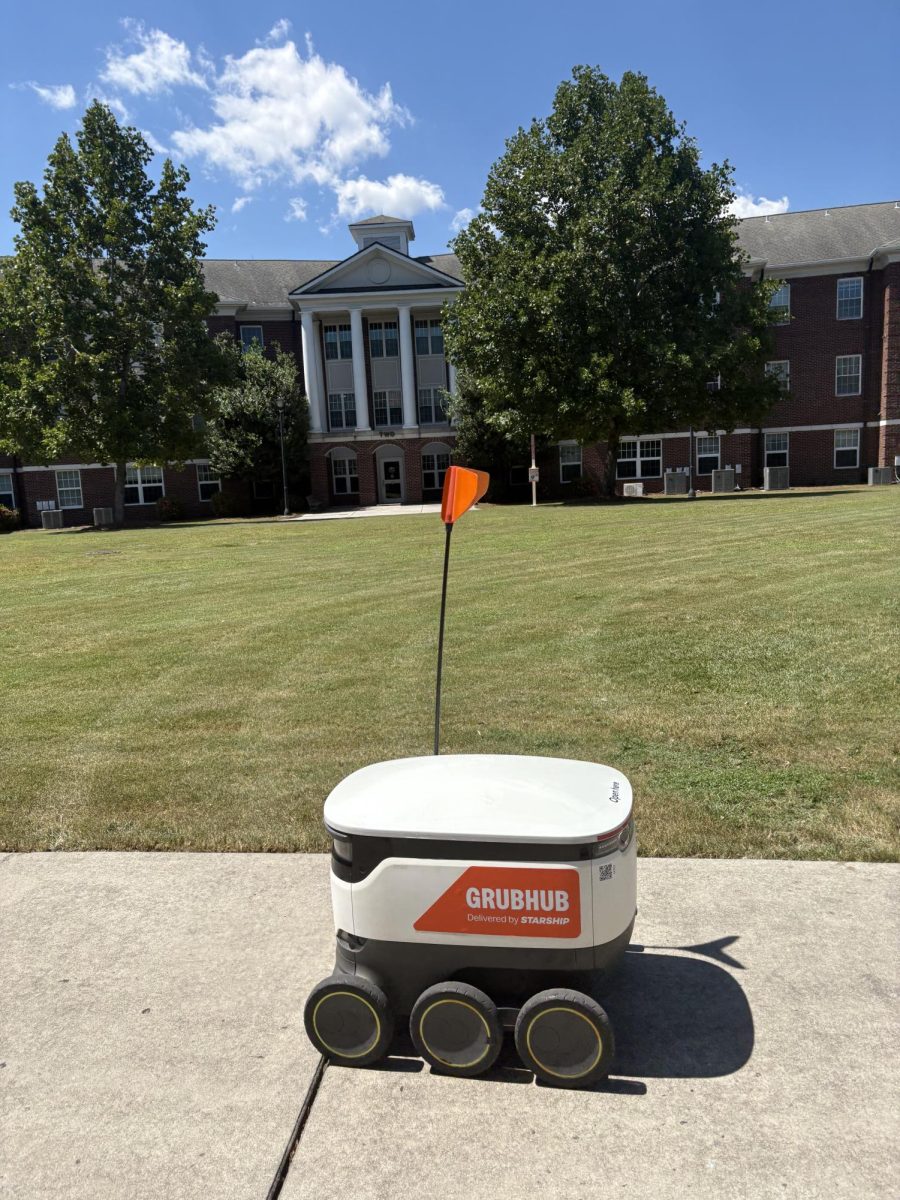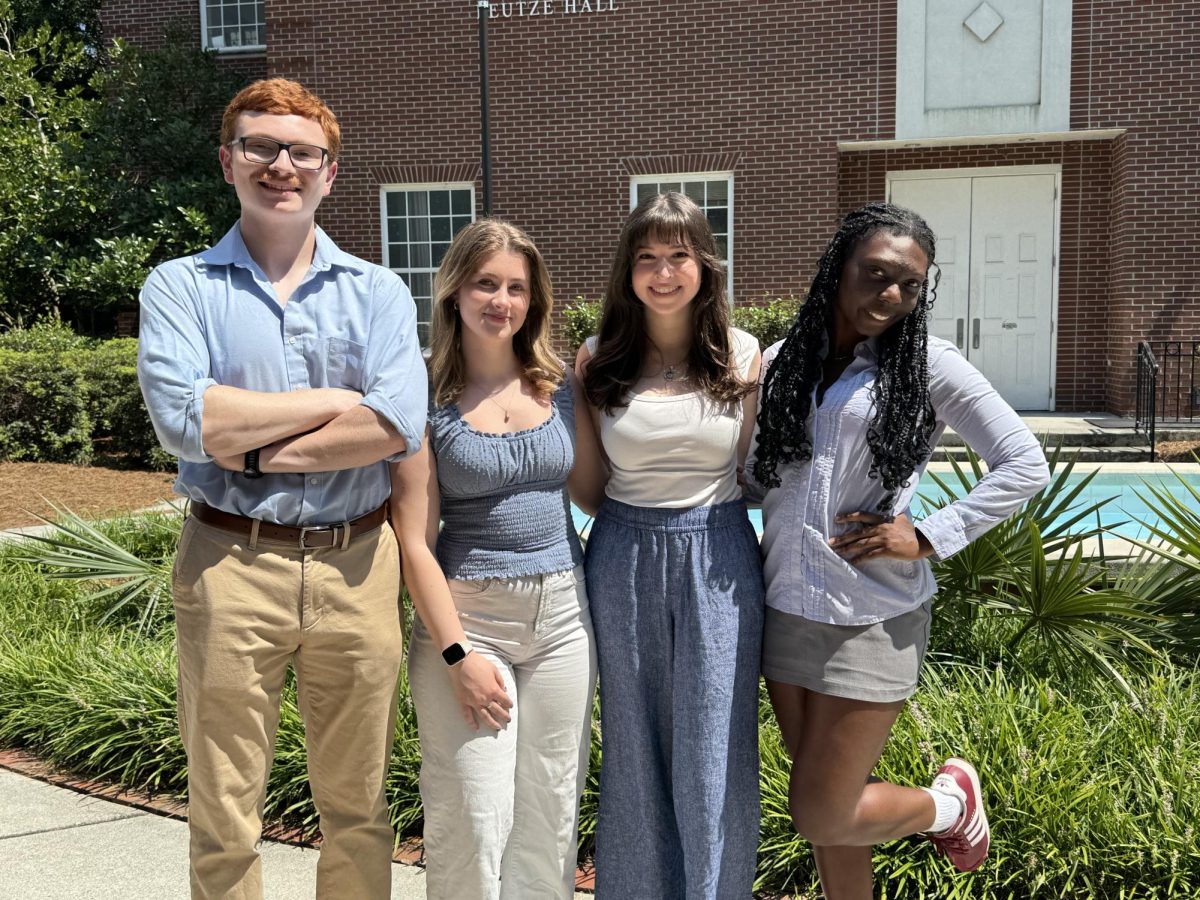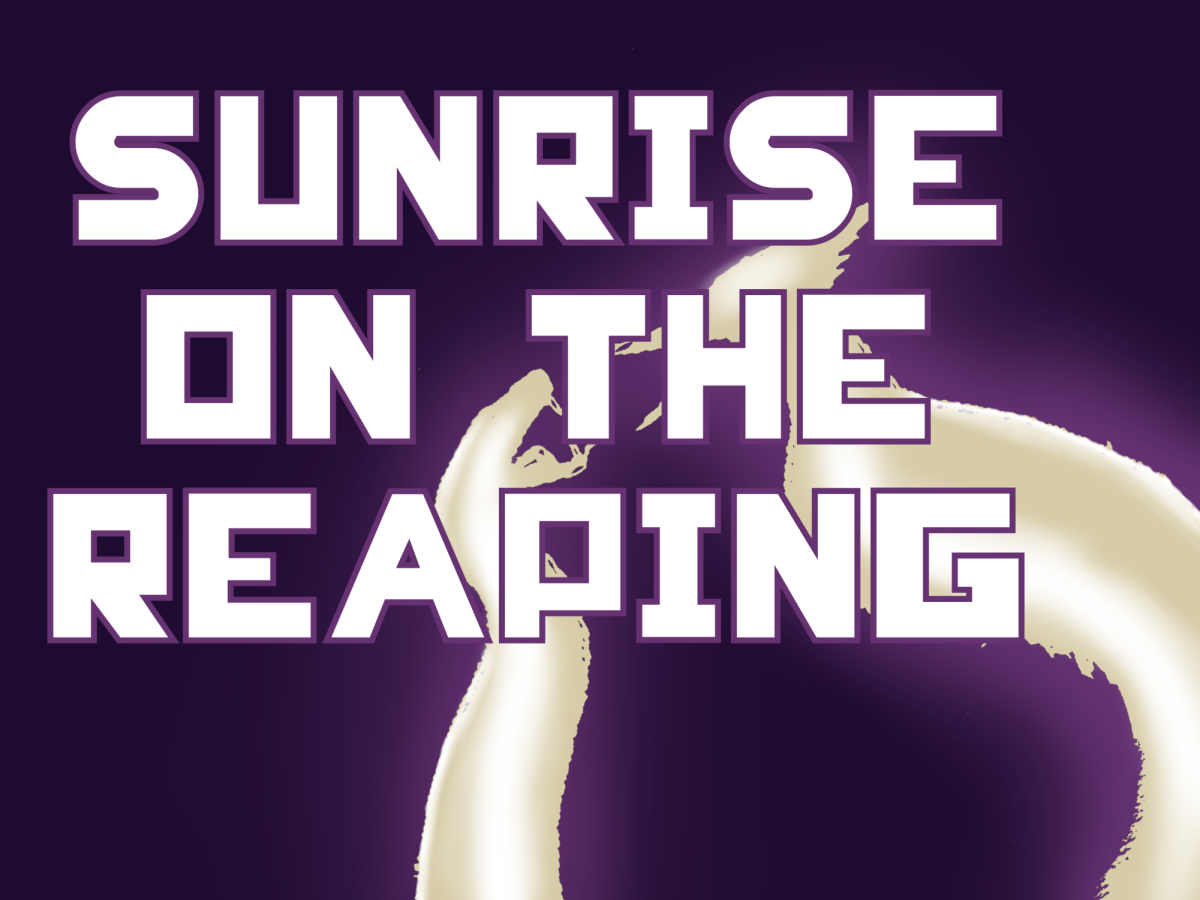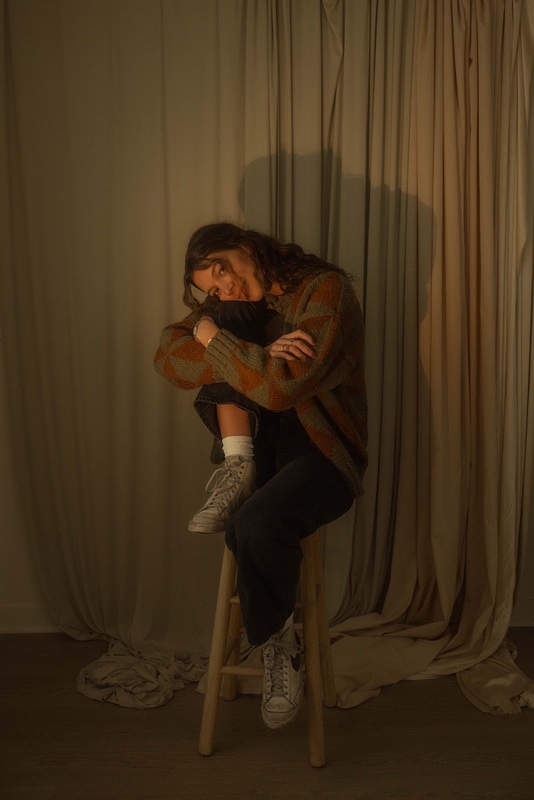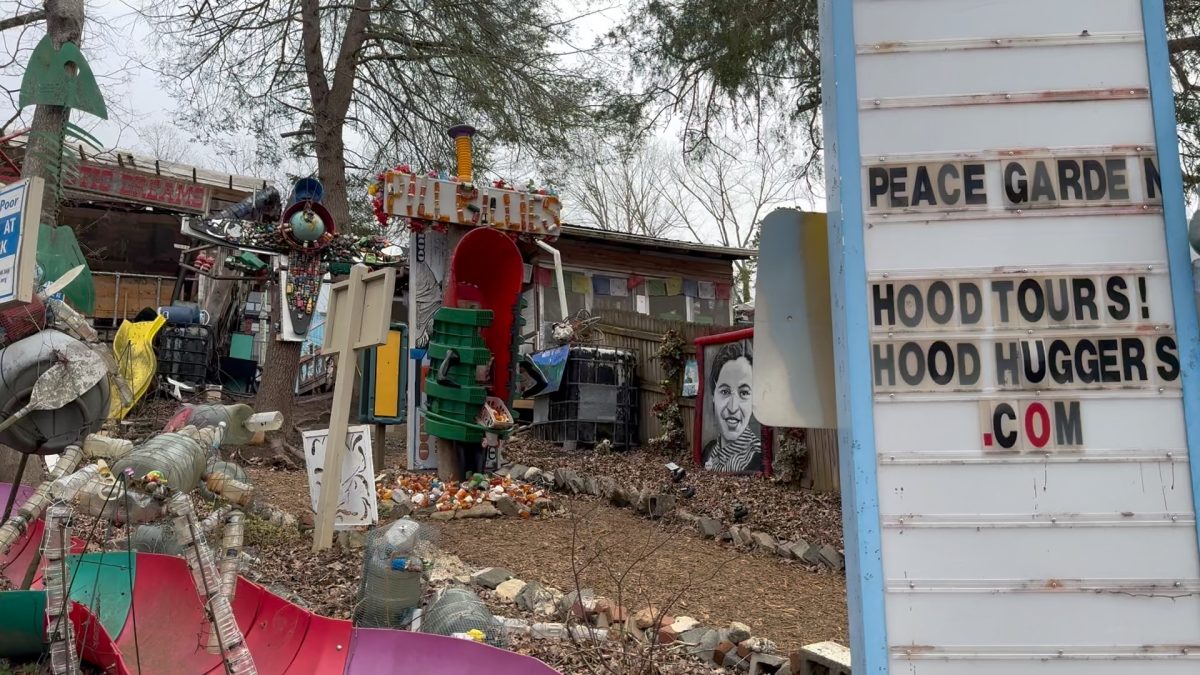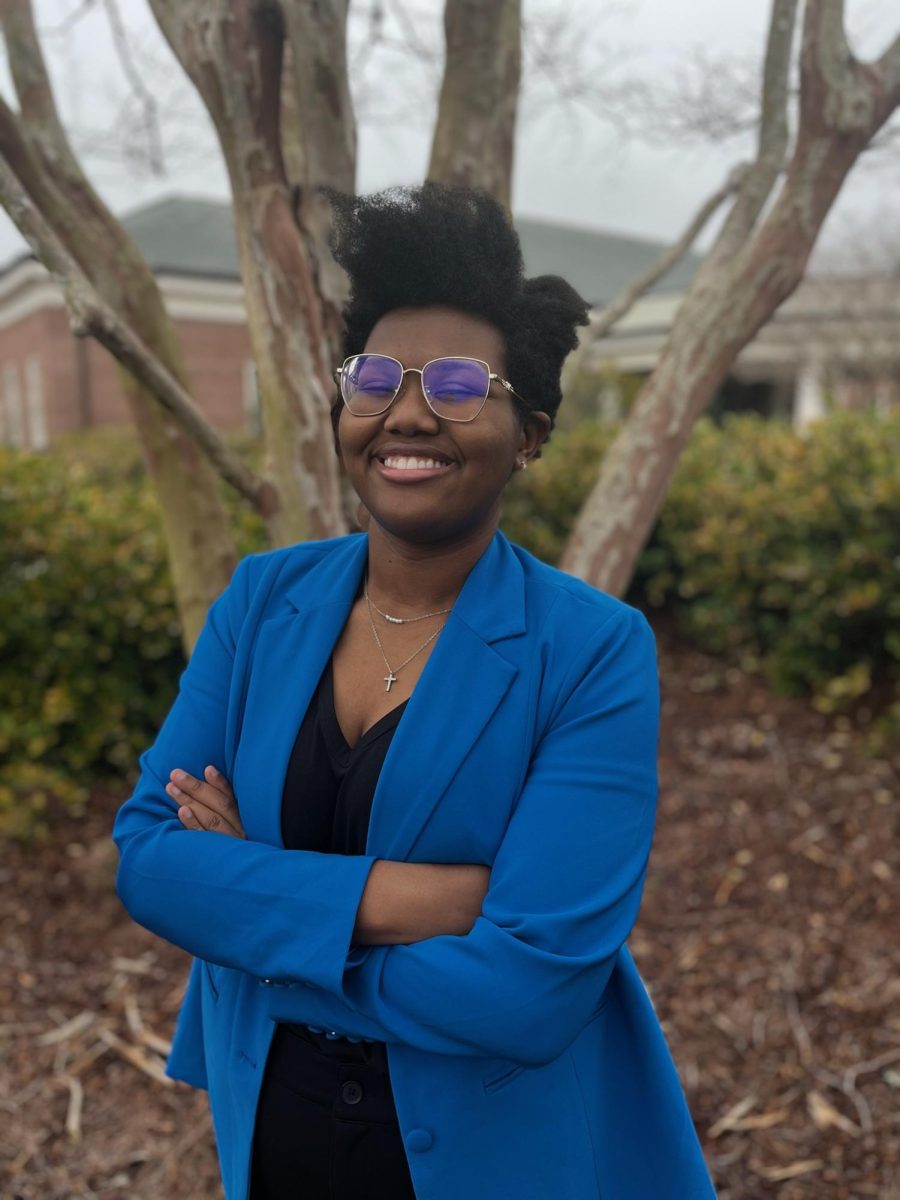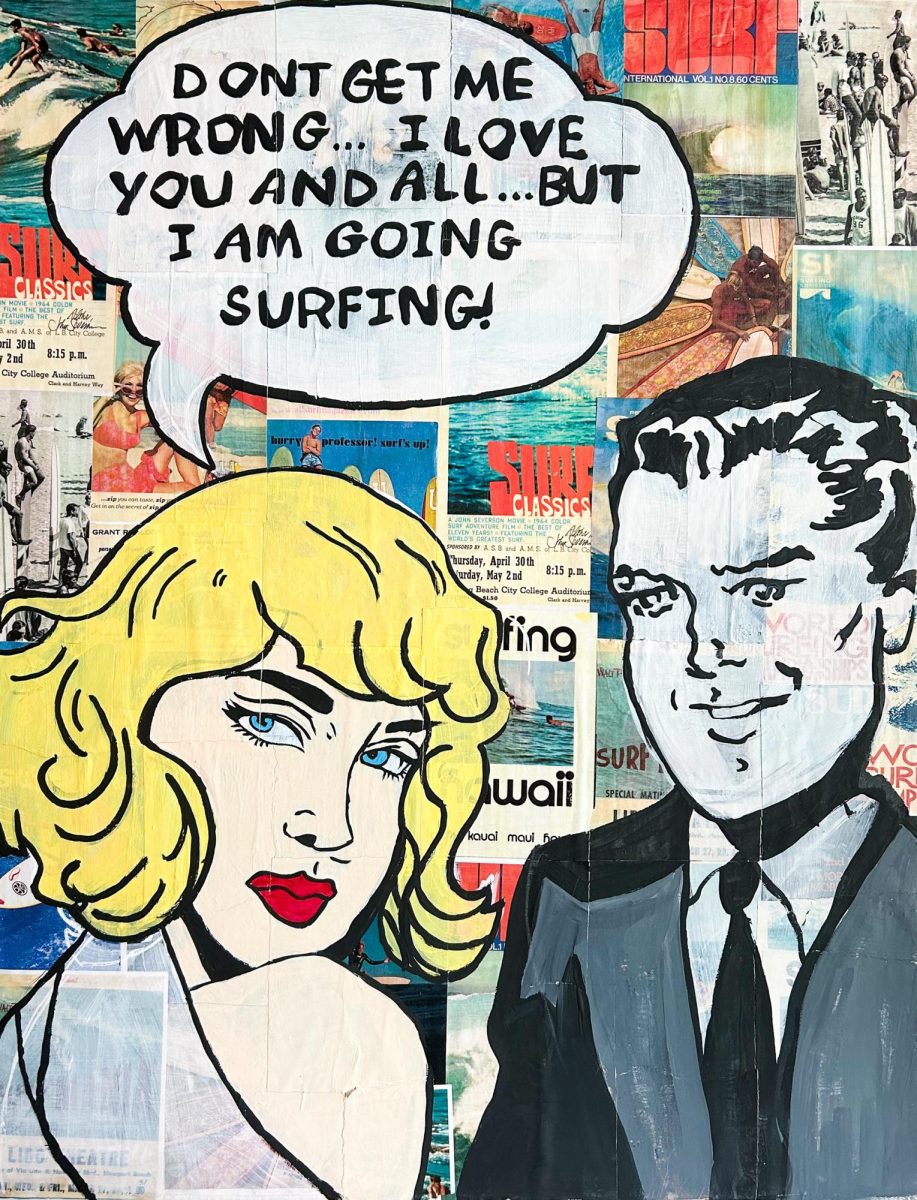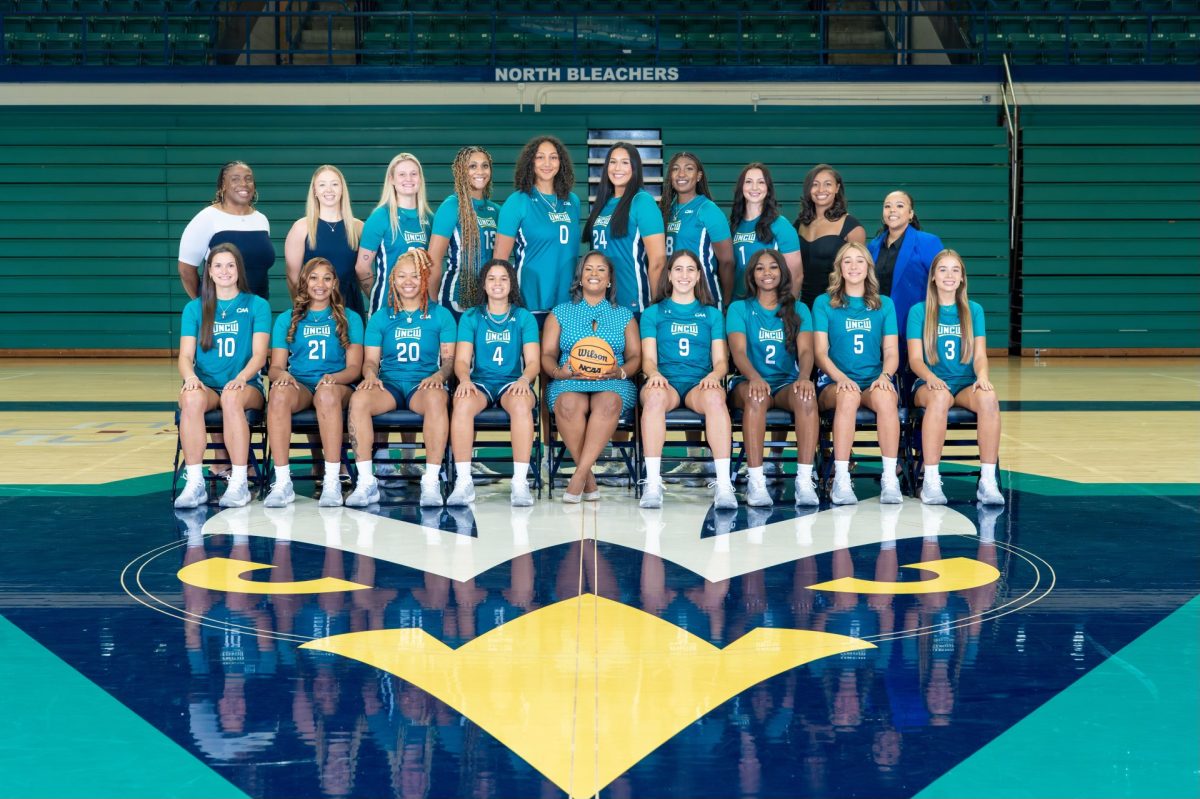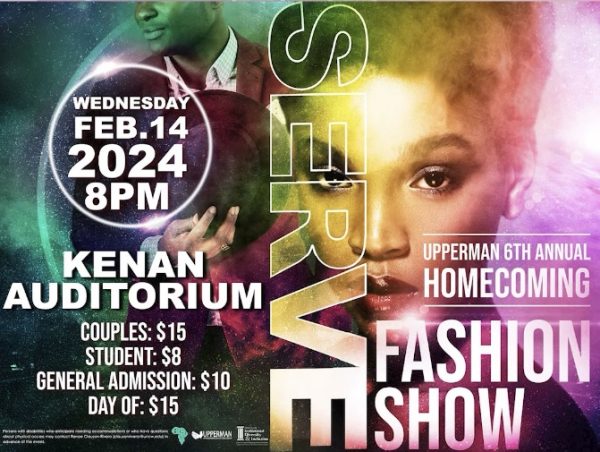
On Feb. 14, the Upperman African American Cultural Center hosted the Upperman Sixth Annual Homecoming Fashion Show at Keenan Auditorium as a part of their “From Our Hands” Black History Month 2024 celebration. Continuing Upperman’s tradition, the fashion show was a visually captivating performance intertwining music and dance. It served as a homage to the historical injustices against the Black community while also celebrating their remarkable achievements and rich cultural heritage.
The event showcased a series of “Flavas of the Day,” each presenting a unique visual aesthetic and delving into various historical or cultural facets of Black culture. Standout moments included “Civil Rights,” “Rebellion” and “Zulu Ball.”
The “Civil Rights” segment featured a striking blend of denim, streetwear and vibrant fluorescent lighting that bathed the entire stage in brilliance. Models carried placards bearing messages such as “Say Her Name” and “Black Lives Matter,” emblematic of movements shedding light on injustices faced by the Black community. Originating from the African American Policy Forum (AAPF), “Say Her Name” emerged as a social movement in 2013, utilizing its hashtag to raise awareness about police brutality against Black women. Conversely, “Black Lives Matter” surged into global consciousness following George Floyd’s tragic death in 2020, evolving into a rallying cry against police violence and systemic inequalities. Marching in formation, the performers evoked the spirit of the historic 1963 March on Washington, a watershed moment in the civil rights movement.
“Rebellion” stole the spotlight, immersing the audience in a world drenched in crimson and black, tinged with Southern Gothic vibes. This segment vividly depicted enslaved individuals bound and shackled at an auction, their movements weighed down by oppression. Women adorned in lacy black veils symbolized the stripping away of their identities. Clad in black pleather and adorned with silver crosses, performers swiftly intervened to liberate the enslaved, whisking them away from the auction blocks and into hiding behind the curtains. A moment of hushed anticipation swept the audience as three women emerged, clad in black dresses with striking red sashes, their faces unveiled. With determined strides, they approached the auction stands, met with thunderous applause as they defiantly kicked the platforms, sending them crashing across the stage.
Drawing inspiration from Mardi Gras and the rich tapestry of Black culture in New Orleans, the “Zulu Ball” segment showcased models adorned in classic black suits and elegant evening gowns, complemented by intricate masks. Originating in the 1910s, the Zulu Ball pays homage to its roots as members of the Black community don costumes influenced by traditional African culture, culminating in the naming of a King Zulu. In a significant milestone, the group gained access to historic Canal Street in 1969, formerly reserved for white parades, thereby cementing its place within Mardi Gras festivities. Beyond the revelry, Zulu remains committed to charitable endeavors, supporting the Black community. Vibrant hues and elaborate masks harken back to the event’s origins while infusing a contemporary flair through formal attire. This performance served as a poignant tribute to style, elegance and the resilience of the Black community, transcending historical barriers of segregation and oppression.
As the performers were preparing to change scenes, music by Black artists from all generations played loud enough to pound through the floors. With little prompting, the entire crowed joined in singing classic gospel songs. There was a call and response from different fraternities and sorority alums and current students that were present. Each group had a special chant, whistle or tune to distinguish themselves. Gift bags from Reeds Jewelers were also handed out throughout the night to current students, educators and alum.
As the night unfolded and camaraderie filled the air, the audience grew increasingly comfortable with one another. Spontaneously, some attendees danced along to the performances from their places in the audience, infusing the atmosphere with an infectious sense of celebration.
“We family now, y’all,” the emcee announced.
The evening resonated as a resounding success, serving as a tribute to the richness and resilience of the Black community. It offered the audience a captivating journey through various facets of Black history and culture, enlightening them to perspectives they may not have encountered personally.



